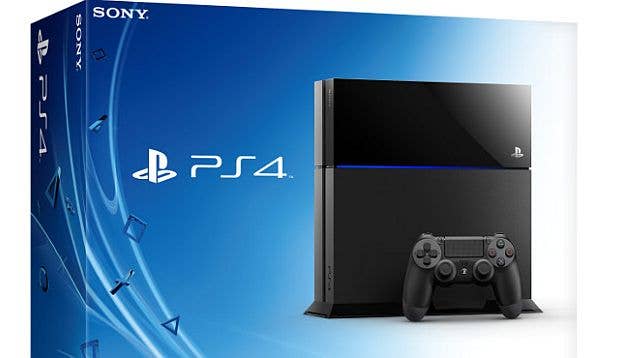PS4, Xbox One shortages: The real deal or marketing ploy?
[a]list daily's Steve Peterson takes a look at the recent reports of next-gen consoles selling out
Each week, marketing expert and senior [a]list daily editor Steve Peterson examines the key issues affecting brand marketers and the industry at large
The next generation consoles are on the way to store shelves this fall, but some major retailers are already putting a halt to pre-orders. GameStop has halted PS4 pre-orders, putting people on waiting lists, and Toys R Us has also stopped taking PS4 pre-orders. The Xbox One is sold out at Best Buy for the Day One edition, and Amazon has also halted orders for that version. What's going on?
There are a couple of possibilities. One is that so far Microsoft and Sony haven't allocated very many units to different retailers, and demand is stronger than initial estimates. The stores could have under-ordered, or Sony and Microsoft have been unwilling to release more units to the retailers because of potential supply issues down the road. In the past, new consoles have had initial problems to overcome in manufacturing, often with chip yields - the original Xbox had that problem, as did the PS3. Rumors are that Microsoft may be having some yield issues on Xbox One chips, which would lead to the company being cautious about guaranteeing units to retailers.
"The larger issue that should be worrying Sony, Microsoft and Nintendo is the possible arrival of a new generation of consoles from three even bigger competitors: Apple, Google, and Amazon"
The more sinister theory is that Microsoft and Sony could be creating an artificial shortage in order to win marketing points by claiming the console is sold out. That seems unlikely, because the companies directly benefit by getting the maximum number of consoles out to gamers as quickly as possible. Profits come from software sales, and if people don't have the hardware they won't be buying software. It's most likely that Microsoft and Sony are just being very careful about what they promise to retailers. If the manufacturing problems get solved in time, more units can always be allocated for pre-orders.
The larger issue that should be worrying Sony, Microsoft and Nintendo is the possible arrival of a new generation of consoles from three even bigger competitors: Apple, Google, and Amazon. All three are rumored to be in development on consoles that would sell for $99, play mobile games and provide a vast array of media content.
Meanwhile, Microsoft and Nintendo are making initial marketing moves to boost console sales for the holidays by giving key potential customers some hands-on experience. Nintendo set up a special promo event at over 100 Best Buy stores during the week of E3, giving consumers the chance to play some of Nintendo's new titles for the holidays. Apparently the program was very well-received. Microsoft is planning the same sort of thing for the upcoming San Diego ComicCon, where some Xbox One titles will be offered up for playing.
The gaming market is far larger than the console business alone these days, and the mobile gaming market is growing especially quickly. Marketing has become the biggest single issue facing mobile game makers, with discovery of an app as the key concern. That usually means advertising on mobile networks to let people know your game exists. Mobile advertising has grown an astonishing 83 percent over the last year to reach $8.9 billion worldwide. Mobile ads both provide revenue to game developers and aid in game discovery. There are over 100 advertising networks on mobile right now, and trying to map out campaigns for even a small fraction of these networks is a daunting task for marketers and even more so for developers without marketing acumen. Some companies are popping up to address this concern, like Grow Mobile, which is offering a mobile marketing dashboard to allow developers to track multiple ad campaigns from one place and gauge the effectiveness of each.
The marketing challenges in gaming continue to grow, and marketers need to get more creative to meet those challenges.

